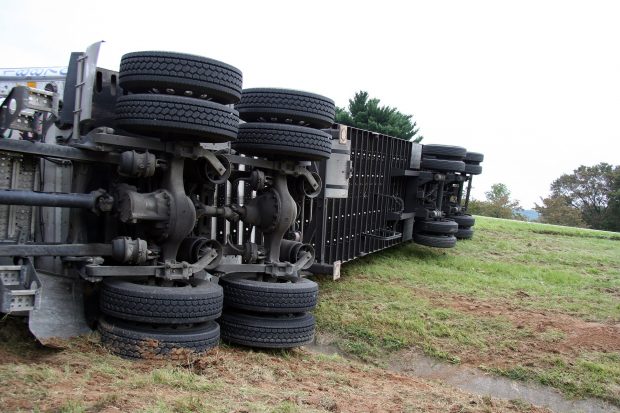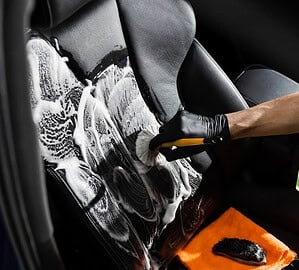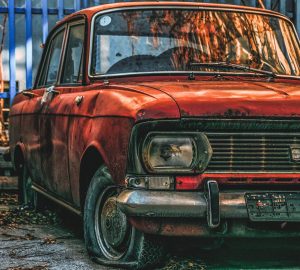For the most part when we talk about collisions and other incidents on the roads, we tend to think about them as involving only passenger cars. Yet auto accidents, like the vehicles they involve, come in many shapes and sizes.
Indeed commercial vehicles like semi-trucks are involved in literally thousands of crashes annually, and are actually overrepresented in the stats when it comes to fatal accidents.
Because of this, it’s worth knowing how the legal aspects of a semi truck accident differ from other collisions and catastrophes that can occur on public roads. Let’s look at the main talking points so that you aren’t caught out if you get caught up in an accident involving a commercial vehicle.

Semi trucks are beholden to tighter restrictions
The first thing to note is that truck drivers and the large, heavy vehicles they helm are subject to stricter rules on how they can use the roads, which do not apply to other motorists.
This varies from state to state, but in some places it may be against the law for trucks to use the left lane in all but exceptional circumstances, such as in the event of construction work and lane closures making this unavoidable.
Thus if an accident occurs because a truck driver was using a lane unlawfully, it could be a cut and dry case which leaves them in serious legal hot water. Even if accidents don’t occur in this scenario, they could still be liable for fines and other penalties if caught.
Likewise there are laws which apply to the drivers themselves that average motorists might not be aware of. This includes being required to take a mandated number of rests in the course of a journey, and not to drive for longer than a certain period each day.
Then there are other laws for the businesses that employ them; if a company is found to have been negligent in its hiring of a driver who is then involved in an accident, they will need to be held accountable.
More parties will be involved
Unless the truck driver is an owner-operator not only of their vehicle but also the haulage firm they represent, then the chances are that the number of parties that need to be brought into the post-accident process of sorting out insurance and any compensation will balloon significantly.
Everyone from the direct employer of the trucker to the manufacturer of the vehicle and even the company whose goods were being transported could come into the fold, especially when liability needs to be established.
This all comes down to the commercial nature of semi trucks. Businesses that operate them have a duty of care to other road users to ensure that they are both roadworthy and loaded in a safe, secure way.
Likewise suppliers of the goods onboard could be liable if an accident is caused because of their cargo. If it combusts unexpectedly, or even explodes, then this is obviously a matter for police investigators, insurers and the courts.
The upshot is that added complexity is inevitable. Having the right legal representation as a standalone motorist in such a scenario is a must, as is getting the best insurance.
Resistance is likely
Finally, it has to be noted that haulage operators have huge insurance deals in place to protect them from these eventualities. This also means they have an incentive to fight compensation claims made against them, and the resources to do this.
Once again, do not expect to go up against a big business like this and win without help. You deserve compensation if you are in an auto accident that was not your fault, whether with another car or a semi truck.



